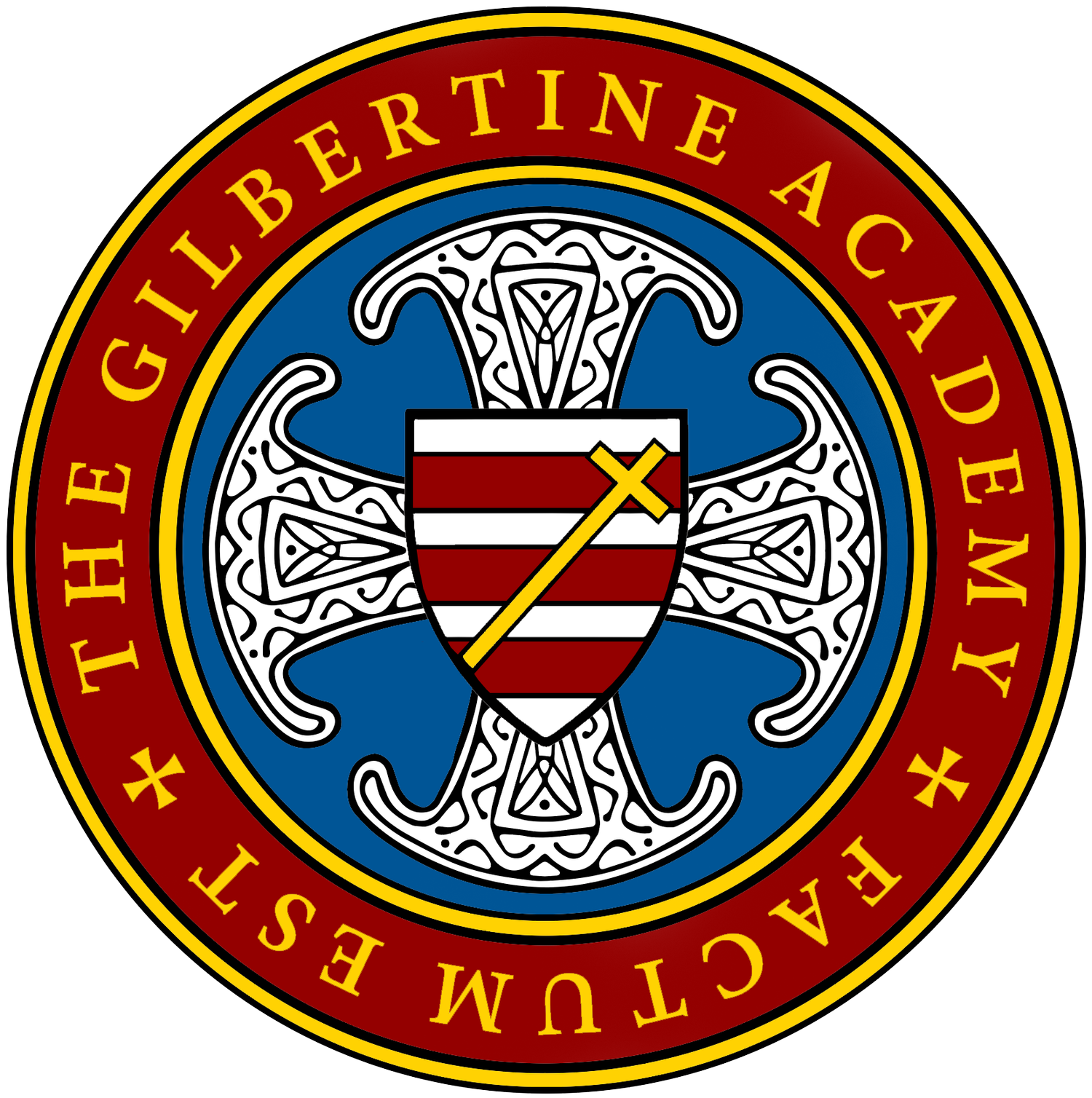
The Four Pillars of Education in the Ordinariate:
As said, our programmes of study are structured around four pillars our Bishop Steven Lopes outlines as essential for our identity and mission. Read his letter [here]. We engage each of these things in the following ways:
Sacred Worship: We apply this through…
Daily Mass is at the centre of what we do, and more important than any class. Catechesis utilises a four-year classical programme of our Penny Catechism which deepens the experience of our life of prayer and worship. Prayers, chants and hymns in Latin and in English punctuate our day along with the recitation of the Daily Office. Gilbertines seek to pray unceasingly (1 Thess 5.16–18) and encourage our young people to do the same by understanding prayer and worship broadly as a life well lived in the love of God and neighbour.
Sacred Wisdom: We apply this through…
Our programme of study is intellectually stimulating, and is is divided into the following subjects:
The Study of History: Our history programme at the Gilbertine Academy provides the framework upon which all other areas of knowledge are hung. We follow a four-year history cycle (Ancient, Medieval, Early Modern, and Modern History) which is enhanced and expanded upon through the use of primary sources and great books.
Latin Language Study: The Gilbertine Academy has the only accredited Latin as a second language course in the entire Province of Alberta. Our textbook series Libellus Latinus includes Latin dialogues, plays, poetry, proverbs as well as scripture sentences and traditional prayers in Latin. This is optional in grade three and four but mandatory for all students in grades five and up.
Literature & Poetry: Students study a broad range of carefully selected and time-honoured poems, novels, short-stories, fables, films, and plays which integrate with our historical time-line being studied that year.
Grammar, Spelling & Composition: Students follow classically-based curricula to progress in their grammar, spelling, and composition abilities. Wherever possible, the concepts covered in these courses will overlap with other subjects. We teach cursive writing, and encourage handsome penmanship.
Science: Using select lessons from the Berean Builder Science Series (Jay Wile), students are introduced to important scientists and their discoveries in our historical era through instruction and a daily science experiment. Careful attention is taken to ensure that all teaching is in alignment with the guidance and principles laid out by the Magisterium for the faithful.
Virtues Programme: Knowledge without virtue isn’t wisdom. Accordingly, we have thoroughly integrated the Disciple of Christ Education in Virtue programme, developed by the Dominican Sisters of Mary, Mother of the Eucharist, into the life of our school and parish. View the programme [here].
Sacred Music: We apply this through…
The Gilbertine Academy holds as vital, one of the oldest academic traditions in Catholicism: the singing school — schola cantorum. The tradition of the schola cantorum took deep root in the British Isles and finds its origins with St. Pope Gregory the Great. We cultivate this ancient tradition, alongside the patrimony of the celebrated Anglican choral tradition, by chanting and singing during the liturgy, learning music theory, and by studying masterworks that relate to our four-year history cycle. Singers use their gifts unto the glory of God at school masses, often at Sunday Mass at St. John’s, and at several special events through the year.
Sacred Art: We apply this through…
Unfortunately the visual arts are normally seen as extra or a last priority. Not so at the Gilbertine Academy. We study masterworks related to our four-year history cycle, but more than that, we teach higher visual literacy skills that enable our students to access the rich treasury of wisdom and information found in the visual world and most especially in the Catholic Church. Our course of study also gives all of our young people the skills to draw and to paint competently. It’s our view that no Western education can be considered complete if a graduate cannot illustrate his journal or paint a lively watercolour on holiday.
““Symptoms of our educational crisis, such as the fragmentation of the disciplines, the separation of faith and reason, the reduction of quality to quantity, and the loss of a sense of ultimate purpose are directly related to a lack of historical awareness on the part of students. An integrated curriculum must teach subjects, and it must teach the right subjects, but it should do so by incorporating each subject, even mathematics and the hard sciences, within the history of ideas, which is the history of our culture. Every subject has a history, a drama, and by imaginatively engaging with these stories we become part of the tradition.””
